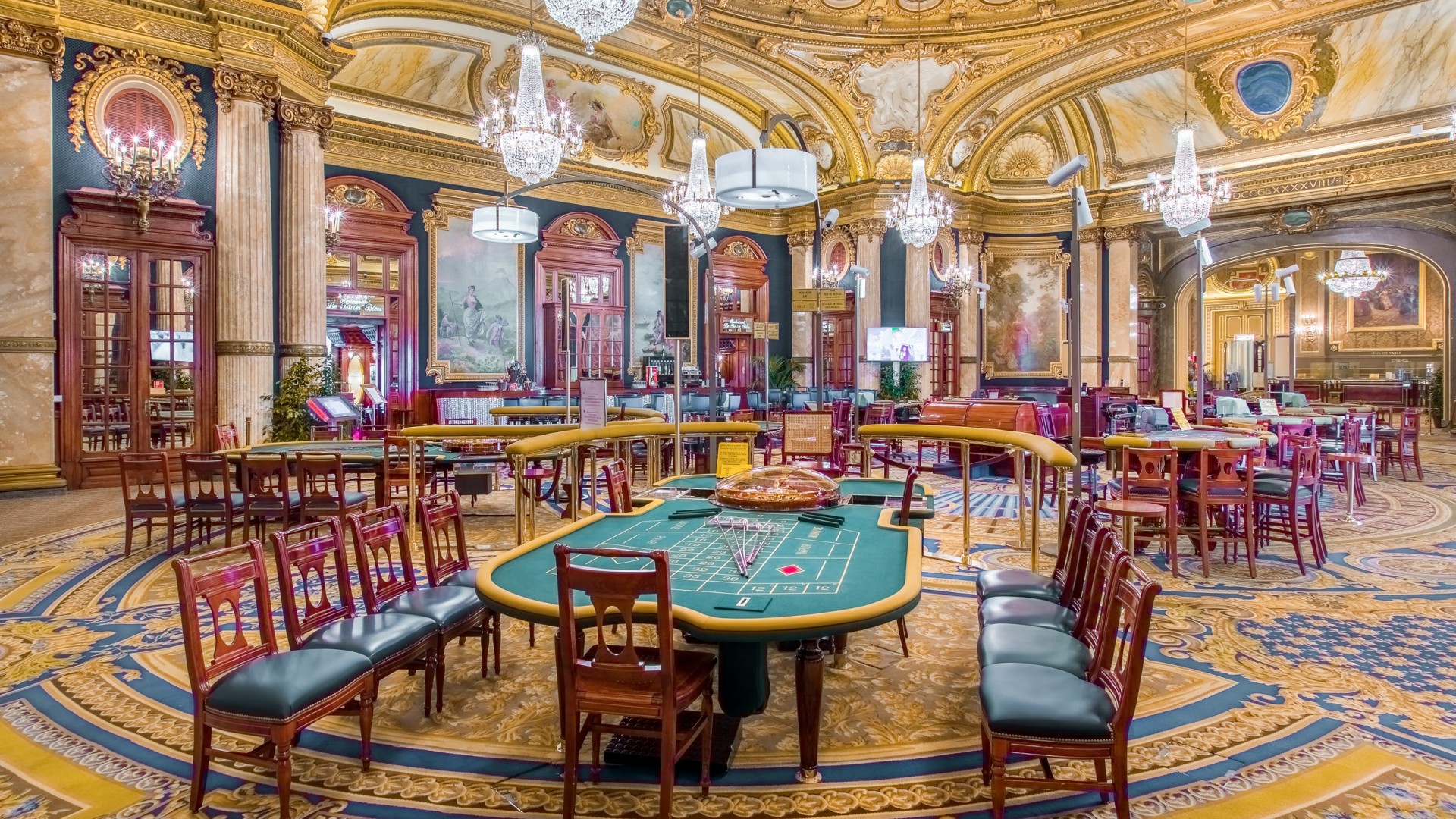Gambling games have long been an integral part of human culture, providing not just entertainment but a intriguing reflection of our hopes, dreams, and fears. From the rotating wheels of a slot machine to the skill-based strategies of poker, these games embody a spectrum of human sentiments and incidents. At their core, casino games are not just a chance to win money; they are a microcosm of life itself, where risk versus reward merge and luck can change in an eye blink.
As players assemble around tables or sit in front of brightly lit machines, they participate in a tradition that transcends mere playing. These games reflect our instinctive desires for relationships, adventure, and the search for fortune. They also disclose deeper truths about human behavior, such as our relationship with luck and the thrill of the unknown. WW88 In exploring casino games, we reveal not only the nuances of play but also the complex weave of the human story, showcasing our interconnected narratives of hope and reality.
The Psychology of Gambling
Wagering is intrinsically connected in human psychology, tapping into various emotions and wants. The thrill of risk-taking is a fundamental aspect that draws players in, be it it’s excitement of spinning a roulette wheel or the excitement of drawing a winning hand in a poker game. This rush of adrenaline is frequently likened to other forms of thrill, as the uncertainty of outcomes elicits a unique psychological response. Players often find themselves captivated by the possibility of winning big, leading to an irresistible draw toward casino games.
Another, an essential component of the psychology behind gambling is the concept of hope and aspiration. Participants often indulge in dreams of financial freedom and the opulent lifestyle that can follow winning. This optimism fuels their ongoing participation in casino games, as it provides a sense of meaning and the belief that a life-changing win could be just one bet away. The story of overcoming odds and finding success resonates with many, reinforcing their dedication to play and involve themselves with these games.
Lastly, social aspects play a crucial role in gambling psychology. Gambling venues are designed to promote social interaction, where players gather to share the journey of wins and losses. This communal aspect not only enhances enjoyment but also affects behavior, as individuals often mimic the actions of others around them. The collective approval found in mutual thrill can magnify the emotional experience, making casino games a mirror of not just personal desires but also shared involvement within the gaming community.

## The Dual Nature of Risk and Reward
Gambling activities embody the subtle balance between risk and reward that resonates profoundly with the human experience. The thrill of placing a bet is often accompanied by a jolt of energy, as participants are confronted with the chance of winning big, yet cognizant of the potential to lose. This bipartisan experience reflects a core aspect of life: the choices we make often come with built-in risks, and the pursuit of reward can push us to embrace risks we might not typically consider. In this way, casino games echo real-world choices, enticing gamblers to gamble not just their funds, but also their hopes.
The allure of grand jackpots and winnings fuels a wave of hope, motivating gamblers to envision a more promising future that could emerge from a fortunate turn of the roulette or turn of a card. This positive outlook can compel individuals to engage in greater risks, urging them to extend their limits in search of economic benefit. However, just as in life, the consequences of these risks can lead to both triumph and failure. The narratives of both big winners and those who have suffered everything at the tables demonstrate the random nature of luck and its impactful impact on our existence.
Ultimately, the experience of engaging with gambling activities serves as a strong reminder of the nature of humanity. Every game played is filled with the tension of uncertainty, as players weigh the rewards against the risks. This dynamic not only highlights the thrill that comes with gambling but also unveils the risks that come with the urge for more. As we explore the complexities of decision-making and consequence in both the casino and in life, we find that the pursuit of risk and reward shapes our sense of self and experiences in profound ways.
Community and Isolation in Casino Culture
Gambling environment is a distinct mix of social interaction and personal endeavor, reflecting the tensions of individual experience. Gamblers often come together around games, sharing in the excitement of the game, celebrating wins, and sympathizing over losses. This social aspect is crucial, as it establishes a sense of community and camaraderie among diverse groups of people. Regular attendees to gaming establishments may form friendships and develop routines, turning the casino into a alternative home where they experience connected to a larger community of players.
However, the appeal of casino activities can also lead to isolation. As individuals become engrossed in the excitement of gambling, they may isolate from personal connections or neglect to interact with the world outside the casino. For some, the pursuit of a windfall can distract from genuine connections, leading to isolation. The situation of being among others yet experiencing solitary is not uncommon, as the attention shifts from shared enjoyment to the individual stakes of each individual’s journey.
This interplay of community and isolation creates a vivid tapestry that defines casino atmosphere. It highlights the complexity of social interactions, where joy and despair exist together. Gambling venues serve as both a refuge for social engagement and a platform for individual challenges, demonstrating how deeply entwined our yearning for companionship and the individual quest for wealth can be. In navigating this landscape, gamblers confront their own stories—seeking both the rush of the wager and the fellowship of other gamblers, eventually reflecting the wider spectrum of human experience.